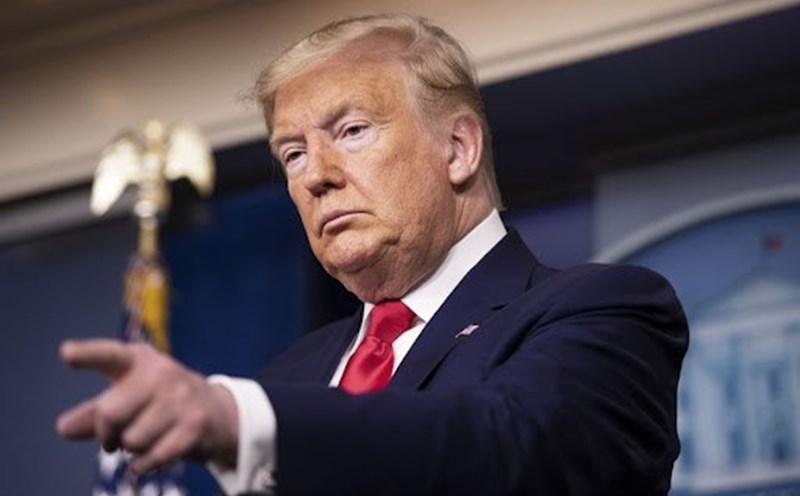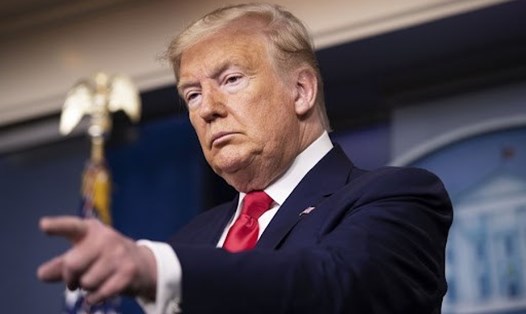According to Reuters, Mr. Trump said that this tax rate will be applied to imported goods, in which the auto tax may take effect as soon as possible on April 2, right after the cabinet members present reports on import tax plans.
Mr. Trump has long criticized the injustice in the way other countries treat US auto exports. For example, the European Union (EU) imposes a 10% tax on imported cars, four times the US's 2.5% on passenger cars. However, the US has imposed a 25% tariff on pickup trucks from outside Mexico and Canada, helping carmakers in Detroit make big profits.
Maros Sefcovic, an EU trade official, is expected to meet with US representatives, including Commerce Minister Howard Lutnick, Trade Representative candidate Jamieson Greer and National Economic Council Director Kevin Hassett in Washington on February 19 (local time) to discuss the tariffs proposed by Mr. Trump.
When asked about the possibility of the EU avoiding paying taxes, Mr. Trump affirmed that the EU has agreed to lower its car tariffs to US rates, although European lawmakers denied this information. He also said he would push the EU to increase imports of cars and other products from the US.
Regarding the pharmaceutical and semiconductor chip sectors, Mr. Trump said that the tariffs for these two industries will start at 25% or higher, and may continue to increase within a year. He did not give a specific time but said he wanted pharmaceutical and technology companies to have time to build factories in the US to avoid being taxed. He expects some large corporations to announce new investments in the next few weeks but did not disclose details.
Since taking office four weeks ago, Trump has imposed a 10% tariff on all imports from China because the country has failed to control fentanyl smuggling. He also announced a 25% tariff on imports from Mexico and non-energy products from Canada, although the delay was later extended by a month.
At the same time, he set a deadline for starting a 25% tax on imported steel and aluminum on March 12, eliminating previous exemptions for Canada, Mexico, the EU and other trading partners. This tax also applies to hundreds of products made from steel and aluminum, from electrical pipes to earthen alloy wheels.
Previously, during his first term, Mr. Trump threatened to impose a 25% tax on imported cars, but did not do so. However, part of the data from the above time may be reused or updated for the new tax period.











